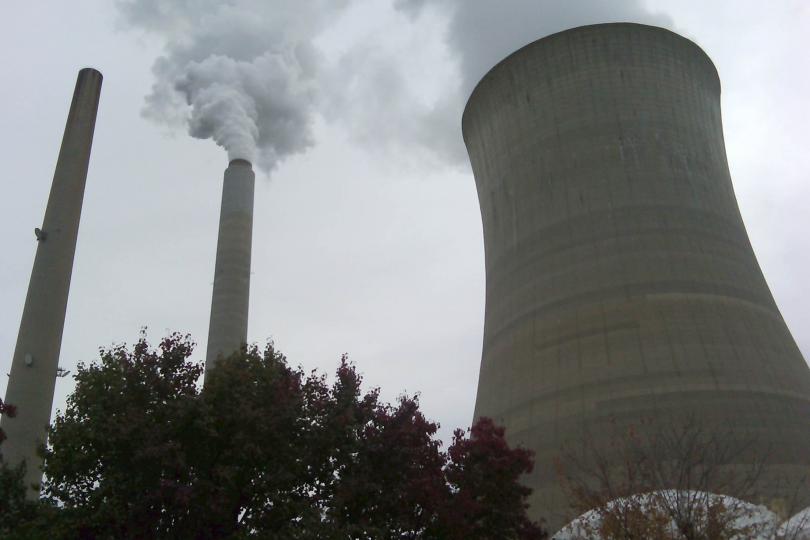-
Tips for becoming a good boxer - November 6, 2020
-
7 expert tips for making your hens night a memorable one - November 6, 2020
-
5 reasons to host your Christmas party on a cruise boat - November 6, 2020
-
What to do when you’re charged with a crime - November 6, 2020
-
Should you get one or multiple dogs? Here’s all you need to know - November 3, 2020
-
A Guide: How to Build Your Very Own Magic Mirror - February 14, 2019
-
Our Top Inspirational Baseball Stars - November 24, 2018
-
Five Tech Tools That Will Help You Turn Your Blog into a Business - November 24, 2018
-
How to Indulge on Vacation without Expanding Your Waist - November 9, 2018
-
5 Strategies for Businesses to Appeal to Today’s Increasingly Mobile-Crazed Customers - November 9, 2018
Appeals court: Clean Power Plan can proceed pending review
The plan requires states to develop plans for reducing carbon dioxide emissions from coal-burning power plants that contribute to climate change, with the ultimate goal of reducing emissions nationwide by 32 percent by 2030.
Advertisement
In early August, Arkansas Attorney General Leslie Rutledge joined with West Virginia Attorney General Patrick Morrisey and 22 other states to ask the EPA for an immediate stay of its Clean Power Plan pending the outcome of an impending legal challenge to the rule.
The D.C. Circuit Court of Appeals’ decision on Thursday to keep EPA’s carbon rules for existing power plants in place while lawsuits against it play out indicates the rule’s far-off compliance deadlines convinced the judges that there is no imminent or irrevocable harm.
“Once the plan was published in October, the coalition filed another request for a stay, arguing that its parties would suffer irreparable harm if the EPA were allowed to implement the carbon regulations while stakeholders litigate the plan in the courts”.
Judd Deere, spokesman for Attorney General Leslie Rutledge, said in a statement Thursday, “The unlawful, so-called Clean Power Plan will have serious and significant consequences for Arkansas”.
Had the appeals court agreed to put the rules on hold, that would have presented the legal equivalent of a short-circuit to the whole electric utility system, from the power companies and their fuel suppliers to the complex interstate regulatory apparatus.
Arizona was one of 27 states that sued the Environmental Protection Agency to block Obama’s plan. The court still has to rule on the merits of the case, and the stay denial doesn’t necessarily signal that the judges are wholly unpersuaded by the challengers’ claims.
State Sen. Dick Barrett, D-Missoula, said the United States’ global credibility is on the line in light of the agreement on climate change the United States negotiated in Paris in December.
Texas must cut an annual average of 51 million tons of carbon to reach its federal target, a reduction of about 21 percent from 2012 emissions.
As it stands, states have until September 6 to submit a final plan or apply for an extension.
Meanwhile the director of the Climate and Clean Air Program at the Natural Resources Defense Council, David Doniger, is celebrating the ruling as a “huge win”.
“The court simply said that they didn’t meet the very stringent test”, he said.
Jonathan Adler, a professor at Case Western Reserve University School of Law, said states are “more likely to fall into line” and try to comply with the rule now that the stay has been denied.
But many fear that the new regulations will hamstring the power industry. Texas, along with West Virginia, is leading a coalition of 25 states in the lawsuit to block the power rules.
Advertisement
North Carolina is working on two plans after Gov. Pat McCrory (R) challenged two parts of EPA’s compliance strategy, arguing that the agency’s legal authority is limited to directly regulating generator emissions.





























